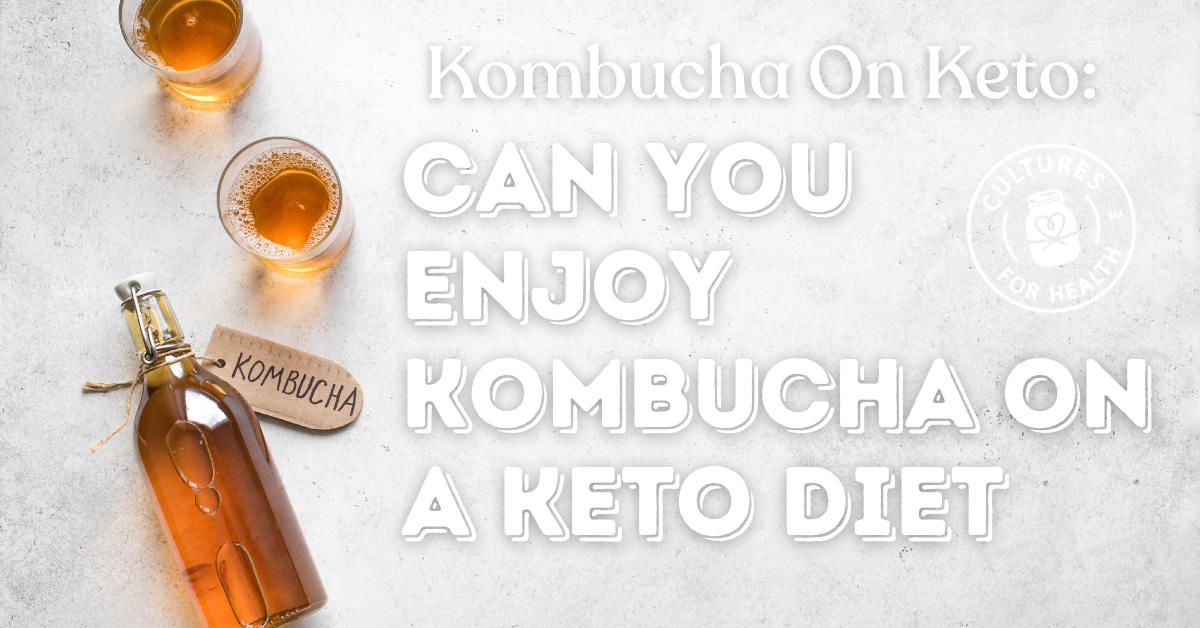
Coagulant is a very important ingredient when making cheese. Both animal- and vegetable-based rennets are available in liquid, powder, and tablet form, that work well for home cheesemaking. In liquid form, rennet is often double-strength, so make sure to read the label. To learn more on how to use milk for cheesemaking, take a look at our article, Techniques and Tips for Adding Ingredients in Cheesemaking, which includes methods for adding rennet.
ANIMAL RENNET FOR HOME CHEESEMAKING
The most common coagulant throughout history is rennet, or rennin, the enzyme found in the stomach of young ruminants that have not been weaned from their mother’s milk. Rennet is essentially an enzyme used to convert milk sugars (lactose) into lactic acid. The lactic acid then acts upon the milk’s proteins, getting them to clump together as solids (curds), and separate from the remaining liquid (whey).
Animal coagulant is almost always calf rennet since it is generally accepted that calf rennet produces better-aged cheeses.
We carry single-strength liquid animal rennet for home cheesemaking.
VEGETARIAN ALTERNATIVES TO ANIMAL RENNET
There are a wide variety of non-animal coagulants available for cheesemaking, from commercial products to common plants growing in your yard.
Commercial Vegetable Rennet for Home Cheesemaking
Products commonly used as vegetable rennet in home cheesemaking are actually microbial rennets made from an enzyme produced by the fermentation of a fungus, Rhizomucor miehei.
We carry a variety of vegetable rennet products for the home cheesemaker:
- Liquid Vegetable Rennet (double-strength)
- Organic Liquid Vegetable Rennet (double-strength)
- Vegetable Rennet Tablets
While vegetable rennets work as well as animal rennets to coagulate cheese curds, animal rennet is preferred for aged cheeses. After a long aging period, cheese made with vegetable rennet may develop an off flavor.
Commercial Acid Coagulants for Home Cheesemaking
Cheesemaking supplies such as citric acid and tartaric acid are also available as coagulants for some cheeses. These products do the same job as household vinegar or lemon juice, but are much more consistent in their acidity levels and therefore more reliable for making many soft cheeses.
Both citric acid and tartaric acid are available on our website. Many wonderful cheeses can be made using citric acid, including:
Tartaric Acid is used to make the delightfully rich and creamy Mascarpone Cheese.
Coagulant Made from Common Plants
Coagulants may be made from several common plants, including nettle, yarrow, thistle, mallow, and more.
Try these recipes for making plant coagulant at home:
COMMON HOUSEHOLD COAGULANTS
Many products commonly found in your kitchen are good coagulants, as well. Lemon juice will curdle milk, as will vinegar, but neither will produce the clean, firm curd needed for quality cheesemaking, nor are they very strong or effective. These coagulants are generally used in soft cheesemaking with long ripening periods such as Lemon Cheese, Traditional Whey Ricotta, and Queso Blanco
JUNKET
Junket is just a very weak form of rennet, traditionally used to set custards. It is possible to set milk with junket, but it should only really be used for soft cheeses because it just isn’t strong enough to set a firm curd. Vegetable Rennet Tablets are about five times stronger than Junket tablets.
What Will You Use?
Cheese recipes usually call for either rennet or a specific acidic coagulant. Using vegetable rennet, animal rennet, or experimenting with homemade plant rennet is a personal choice. Try them all!
















